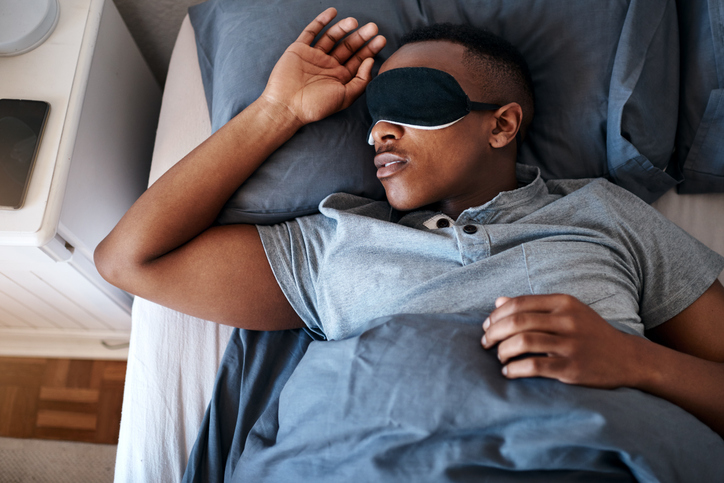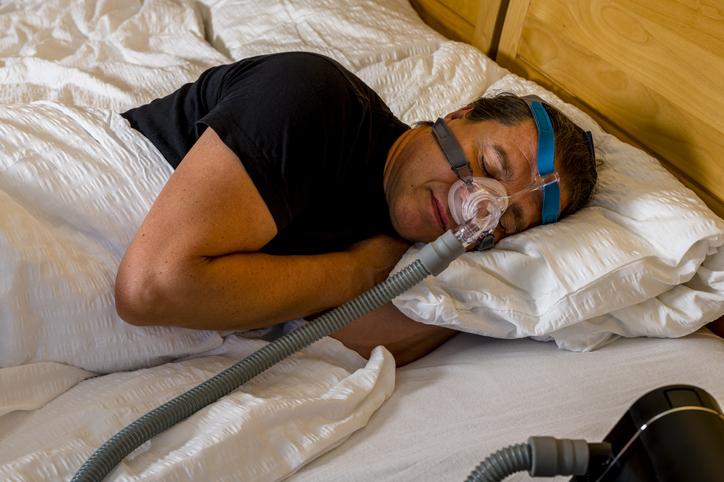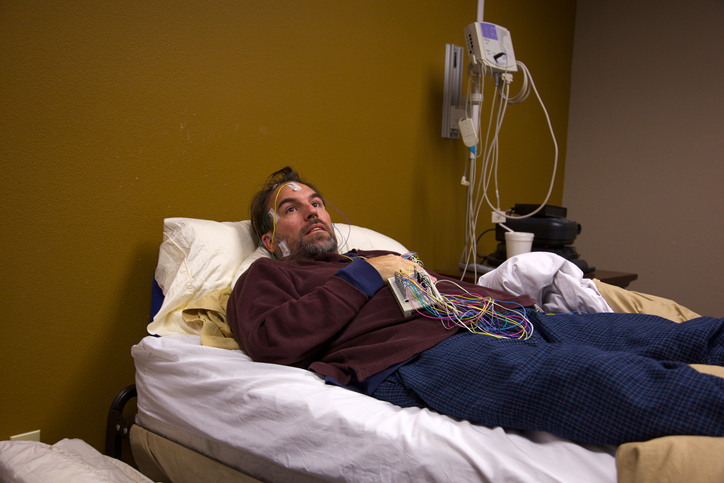Living with Chronic Pain
Sleeping
Living with chronic pain impacts almost every aspect of day-to-day life. Sleep is no exception. The relationship between chronic pain and sleep is a reciprocal one — increased chronic pain levels cause sleep disruptions, and lack of quality sleep increases pain levels.
Chronic pain can cause frequent waking during the night, affecting both sleep quantity and quality. Sleep deprivation lowers pain thresholds and tolerance, which can worsen and intensify existing pain symptoms and sensations.
Over 50% of individuals with chronic pain conditions report sleep disturbances. Some individuals with chronic pain even develop sleep disorders, such as chronic insomnia, sleep apnea, or restless legs syndrome, related to their pain.
Tracking sleep in a daily log can help identify patterns that are preventing quality sleep. In addition to tracking sleep patterns, proper sleep hygiene can help with obtaining a good night’s sleep. Examples of proper sleep hygiene include maintaining a regular sleep schedule, creating a relaxing sleeping environment, and avoiding or limiting naps.



















